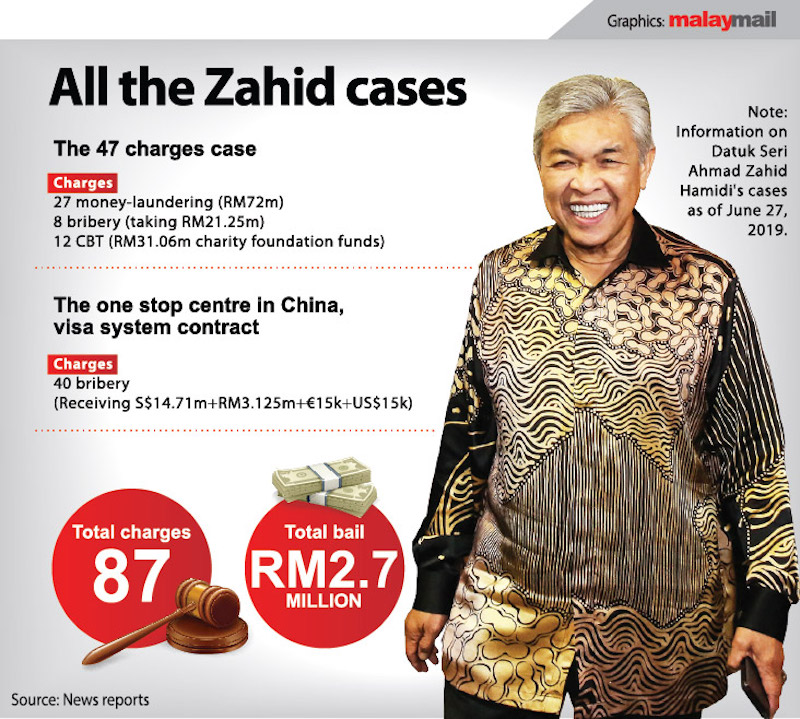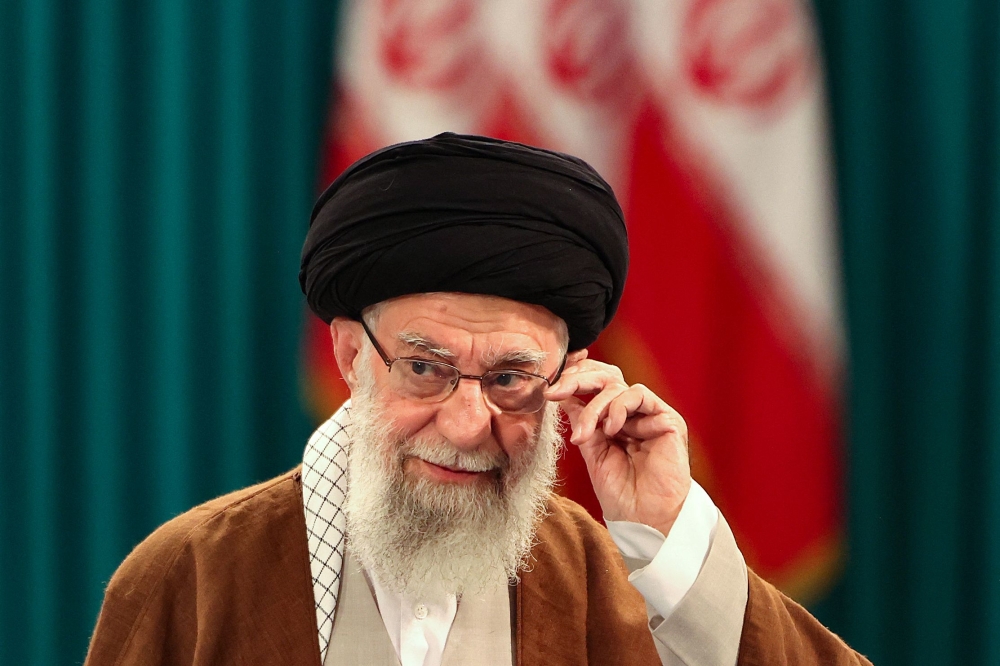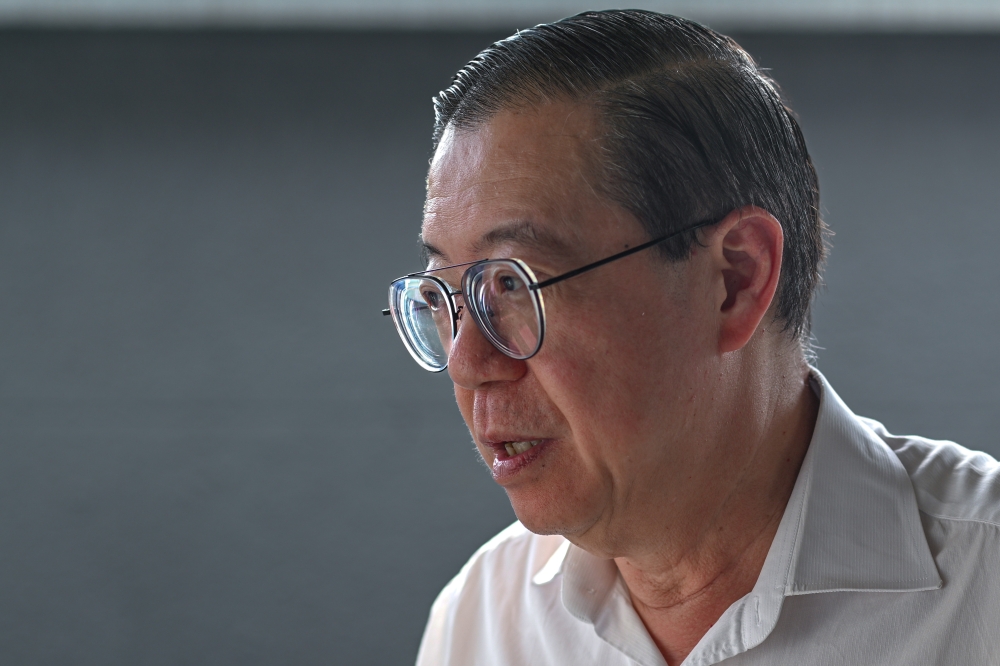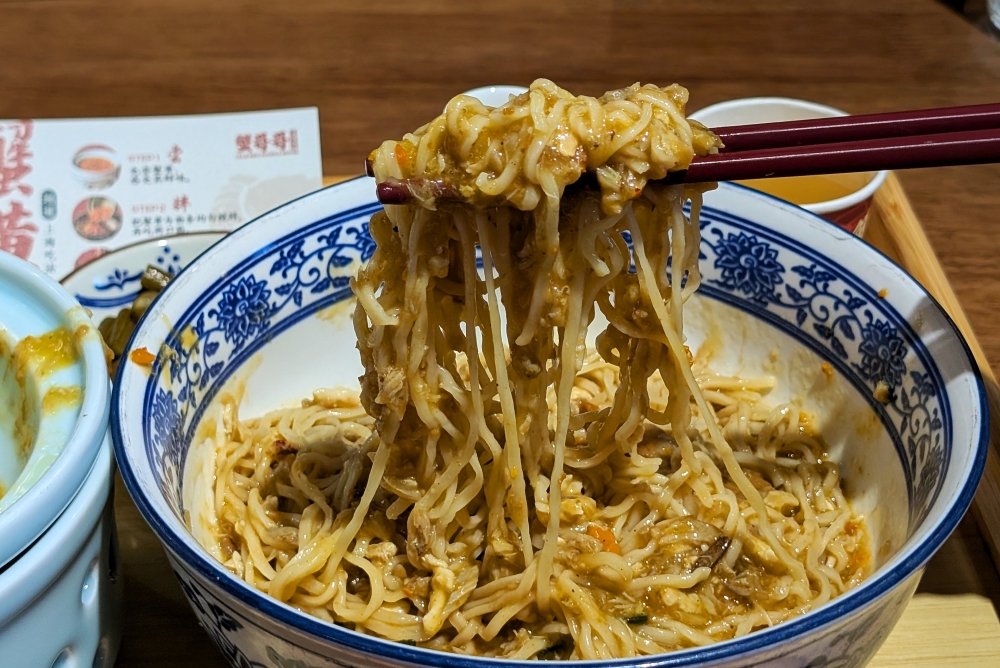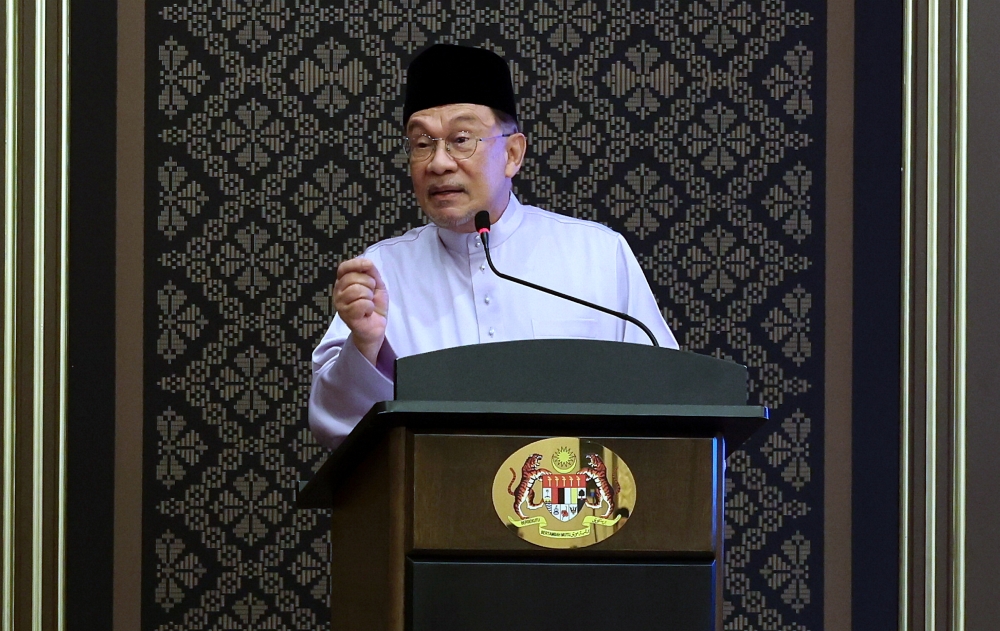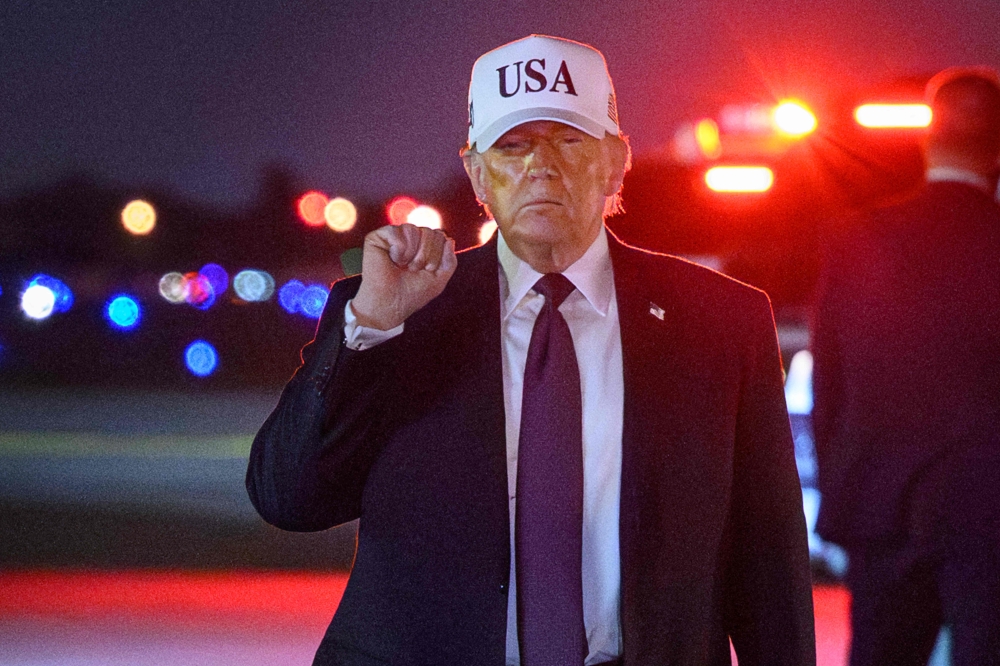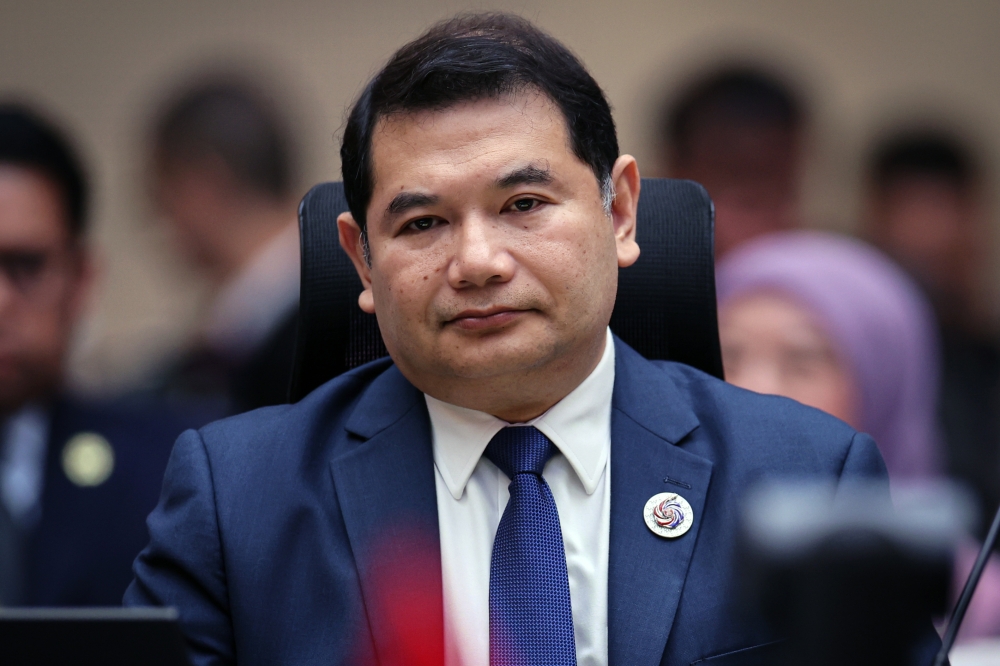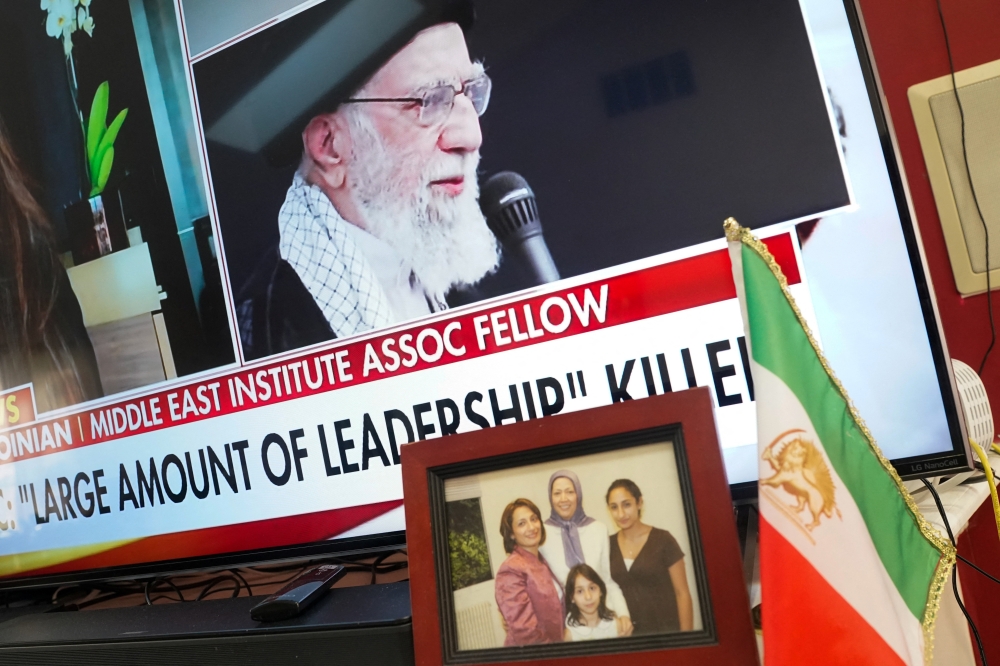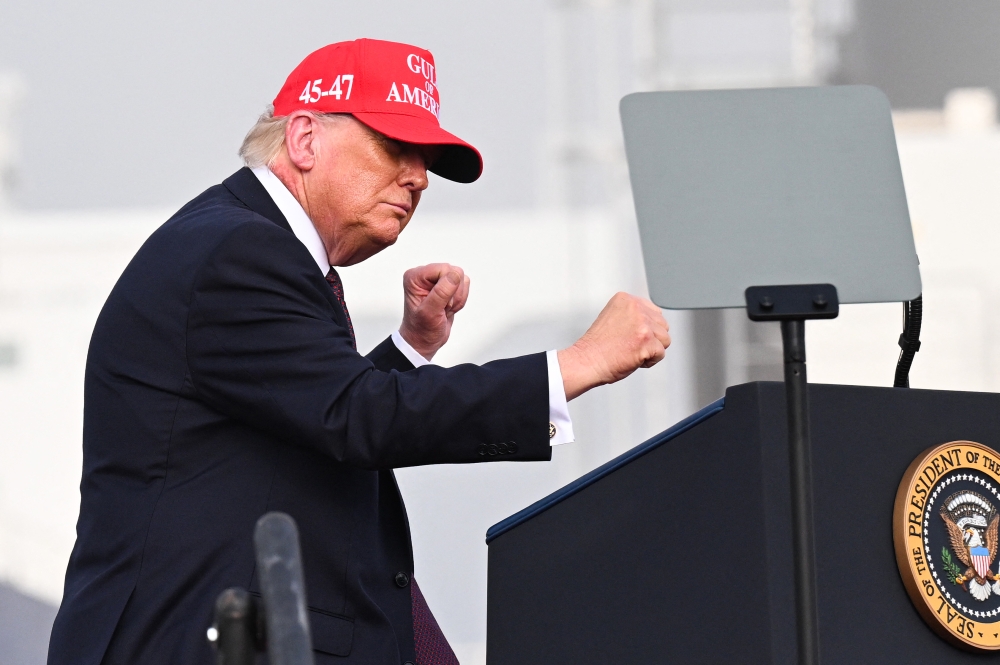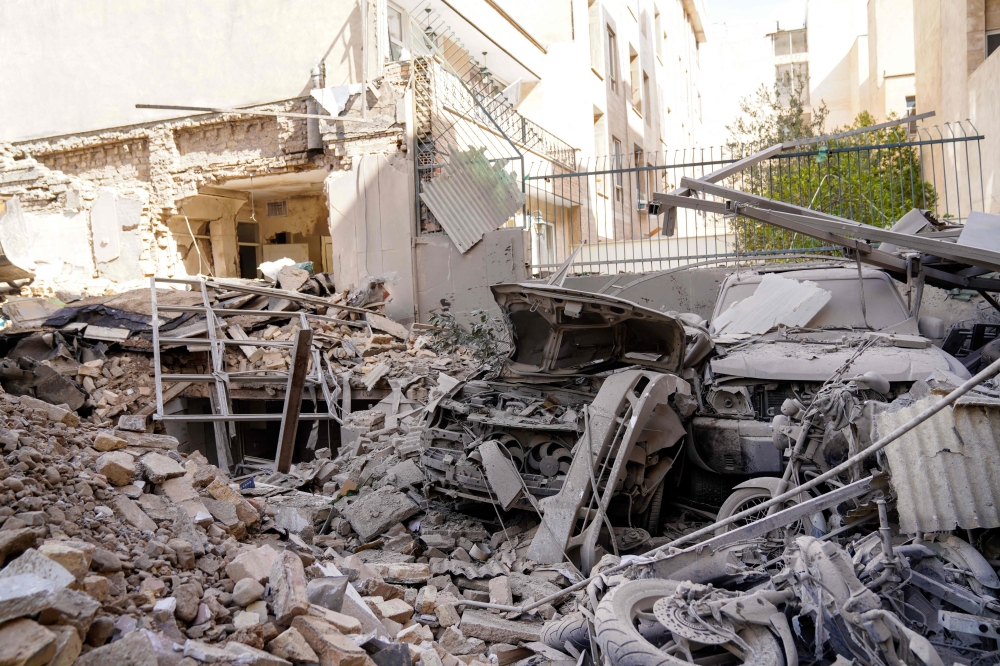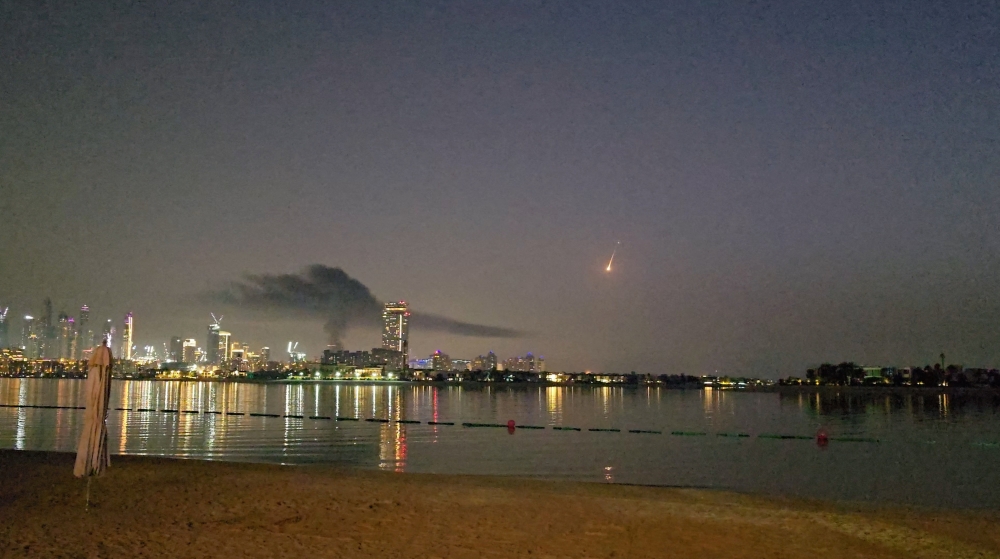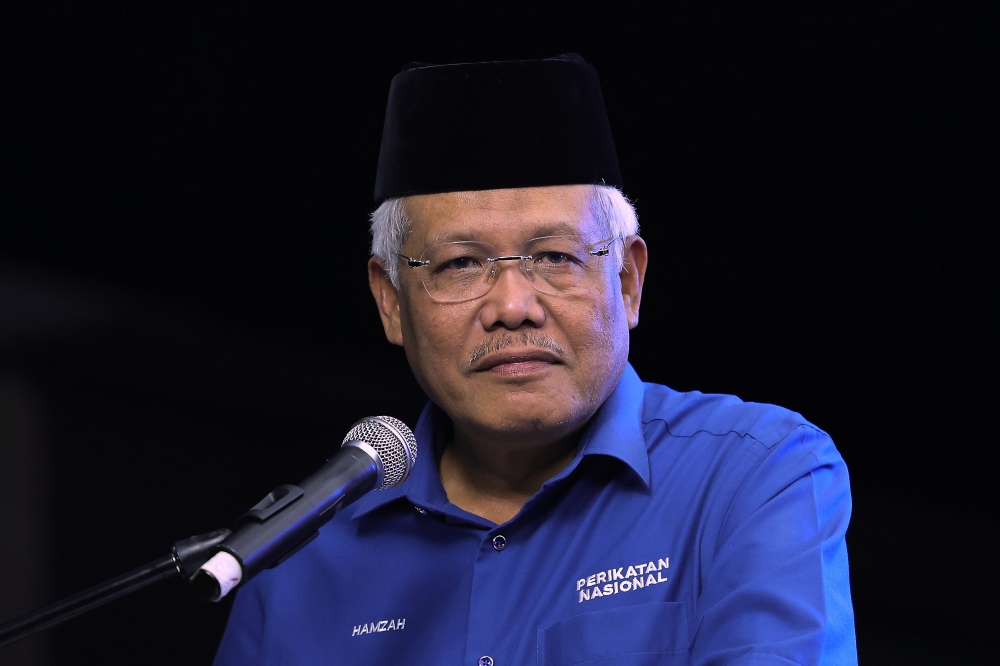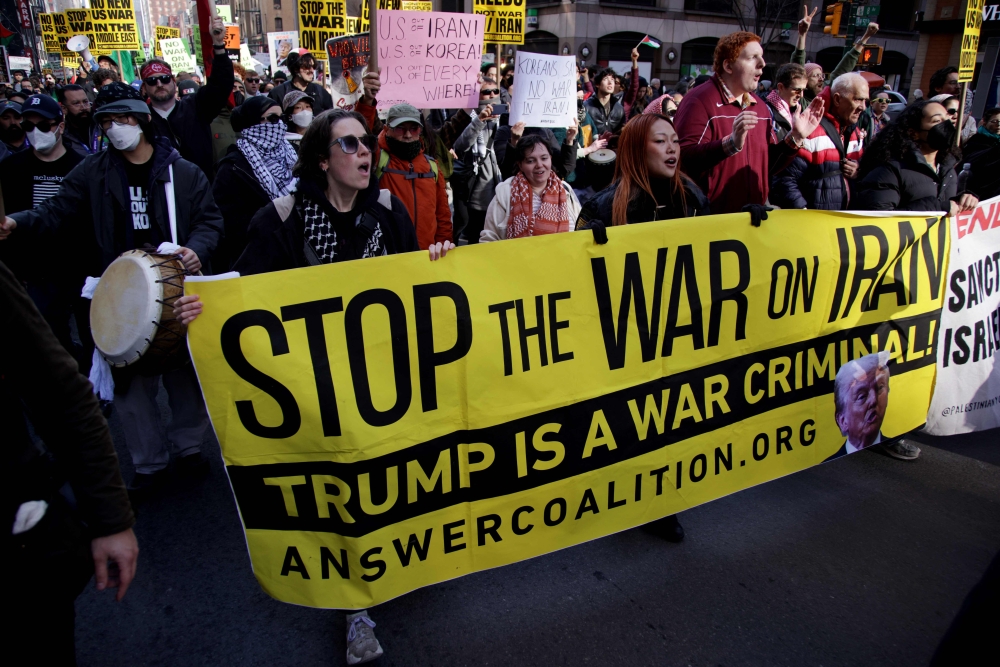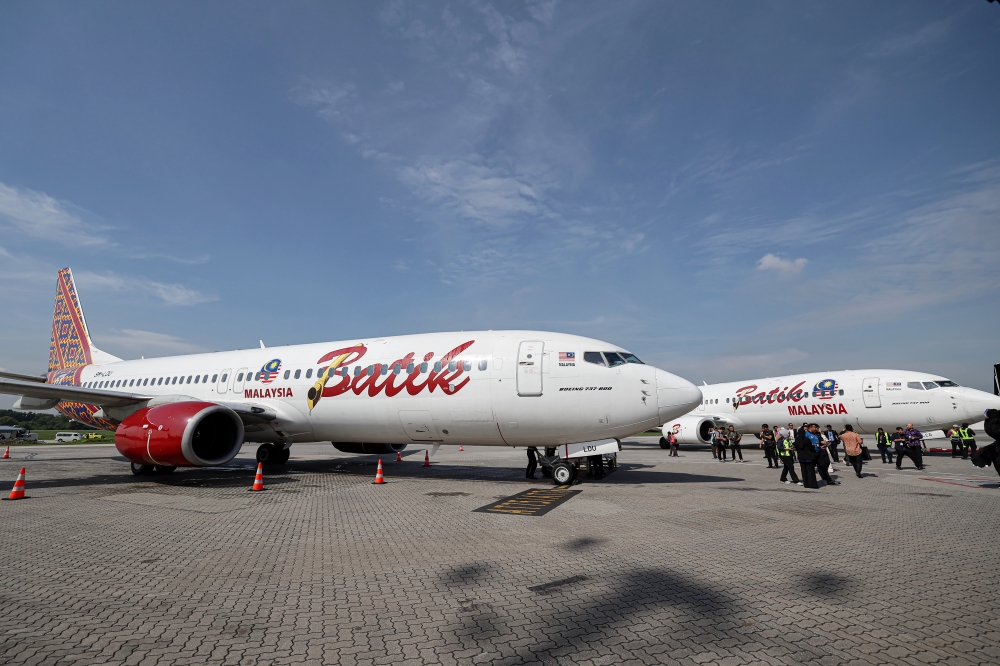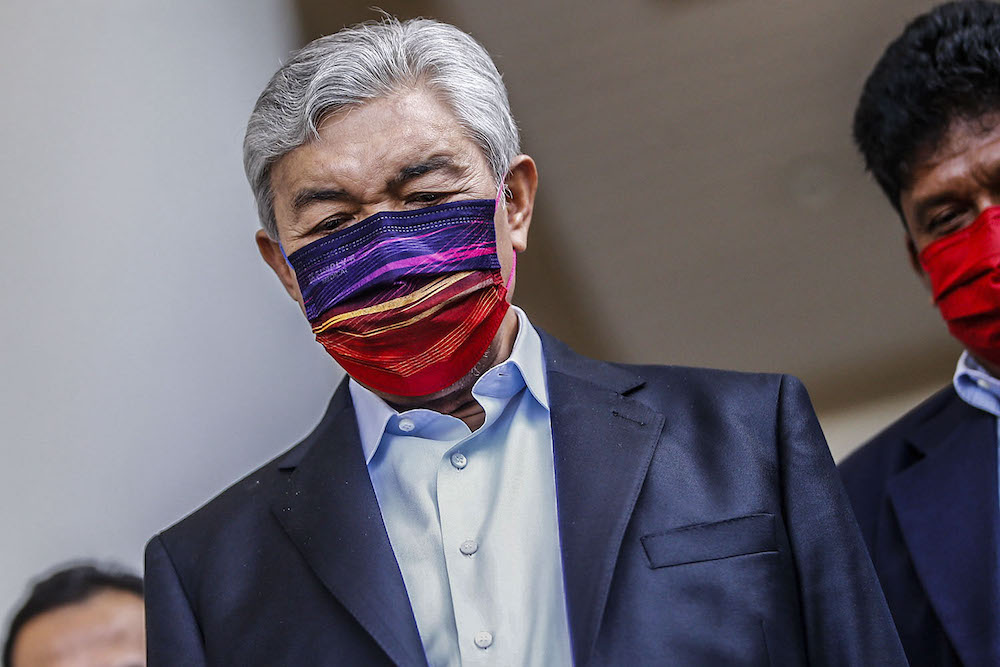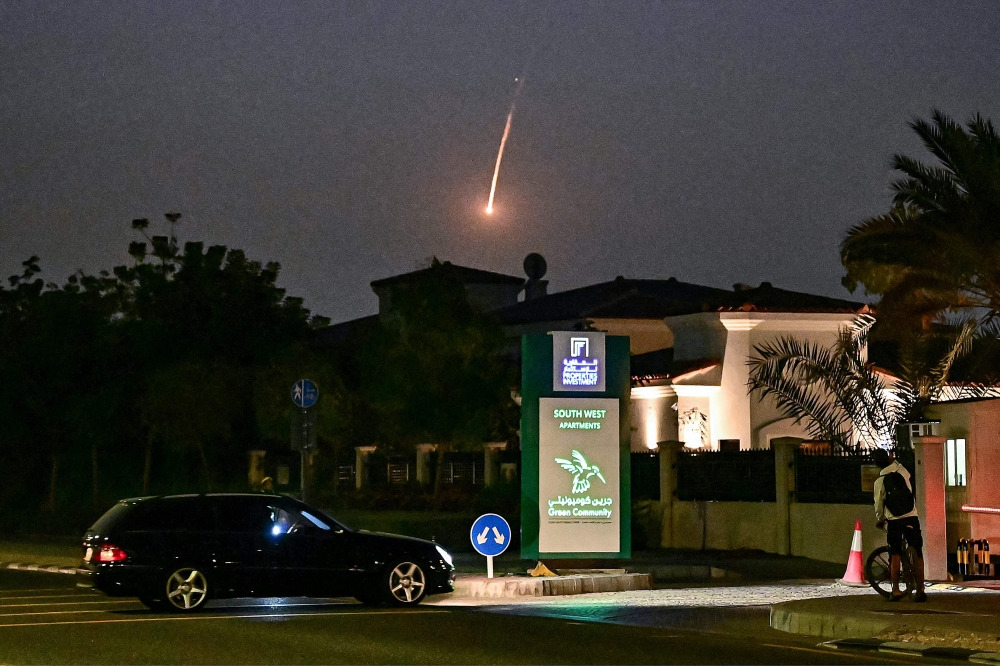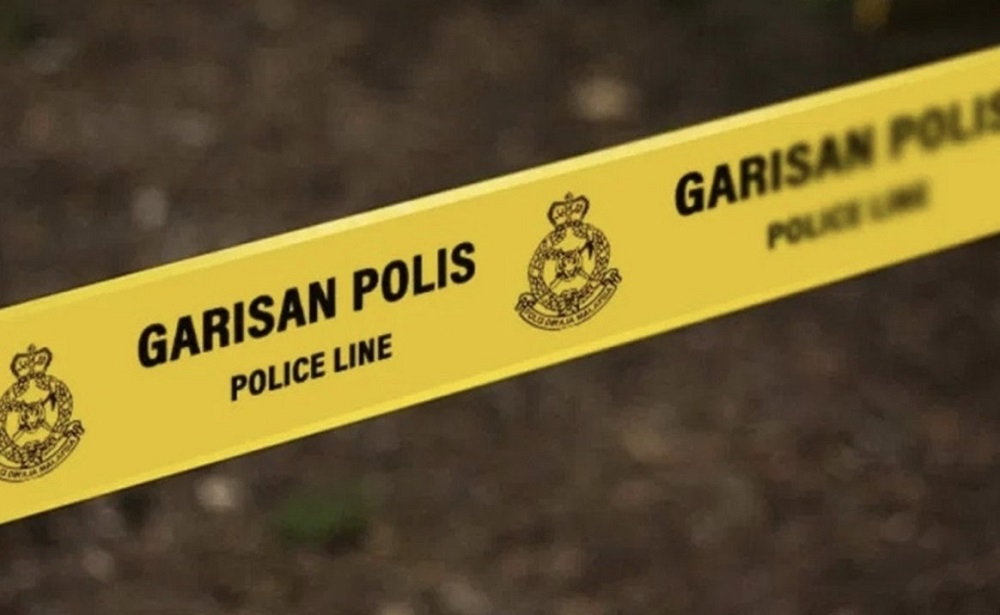KUALA LUMPUR, Sept 20 — The High Court judge hearing Umno president Datuk Seri Ahmad Zahid Hamidi’s trial today questioned why two cheques totalling RM6 million were sent to charitable foundation Yayasan Akalbudi — where Zahid is a trustee — if the money was intended as a “political donation”.
Ahmad Zahid’s lawyer Hamidi Mohd Noh responded by saying that the businessman who had donated the RM6 million had viewed “political donation” and “charitable donation” to be the same thing.
Hamidi was presenting arguments in court today on why Ahmad Zahid should be freed from two corruption charges involving the RM6 million cheques.
Under these two bribery charges, Ahmad Zahid is accused of having on April 26, 2017 corruptly received gratification from Datasonic Group Berhad’s director Chew Ben Ben in the form of two cheques issued by Sarana Kencana Sdn Bhd for RM5 million and RM1 million respectively as “reward”.
In these two charges, Ahmad Zahid was also alleged as having as home minister performed a transaction where Datasonic Technologies Sdn Bhd was appointed to supply Malaysian passport chips for five years through a direct negotiation between the latter company and the Home Ministry.
Today, Hamidi listed six reasons on why the defence was arguing that the prosecution cannot prove a prima facie case or sufficient case that would require Ahmad Zahid to enter his defence on these two charges.
Hamidi said the first reason was that two prosecution witnesses — Datasonic Group Berhad senior officials — had told the court that the RM6 million are not “rewards” or bribes or corrupt monies.
The first of these witnesses is Datasonic Group Berhad’s then chief executive officer Datuk Abu Hanifah Noordin (32nd prosecution witness) who was also director of family business Sarana Kencana, while the second witness mentioned is Datasonic Group Berhad’s then deputy managing director Chew Ben Ben (34th prosecution witness). Abu Hanifah retired from Datasonic Group Berhad on January 31, 2020, while Chew resigned from the same company in March 2021.
Alluding to Chew’s testimony in court that the two corruption charges against Ahmad Zahid are slanderous, Hamidi said it was “ridiculous” for the Malaysian Anti-Corruption Commission to file charges and for a witness to then come to court and say that such charges are “fitnah” or slanderous.
High Court judge Collin Lawrence Sequerah then asked for clarification, asking if a witness would be exposing himself if he agreed that there were corrupt practices, “Wouldn’t he be inclined to distance himself from corrupt practices?”
Hamidi then replied: “We submit because there is no corruption, the witness came to court and said it as it is — It is a fitnah. When they give the money, they did not intend to give it as corrupt money.”
Chew had previously told the court that he had in April 2017 handed over the two cheques totalling RM6 million to Ahmad Zahid in the latter’s official residence as deputy prime minister then, and had also told the court that the money was meant as “political donations to Barisan Nasional through Datuk Seri Ahmad Zahid Hamidi”.
Today, Hamidi said the two cheques were both made payable to law firm Lewis & Co’s client account, asserting that the law firm was holding the RM6 million on trust for the charitable foundation Yayasan Akalbudi.
Hamidi said Abu Hanifah had previously told the court that the RM6 million was a political donation which he also considered as being for charitable donation, and that was why the funds were given to Yayasan Akalbudi via Lewis & Co.
At this point, the judge asked: “If it is meant as political donation, why would the money be channelled to Yayasan Akalbudi?”
The judge also asked: “What do you mean political donation is also charitable donation?”
Hamidi replied: “He said ‘it is a political donation, I would say also charitable donation’. So for him, he says it is interchangeable, that’s why he said, nevermind, let’s go to Yayasan Akalbudi.”
Hamidi went on to say that whether it was a charitable or political donation, the question that needed to be answered was whether the RM6 million cheques were a “bribe, corruption money, gratification”. He however argued that the money was not a bribe.
Hamidi said that the RM6 million cheques were given in 2017, which was several years after the project was awarded in 2015. He further said that there was “absolutely no demand” or request or any form of solicitation from Ahmad Zahid for this amount of money.
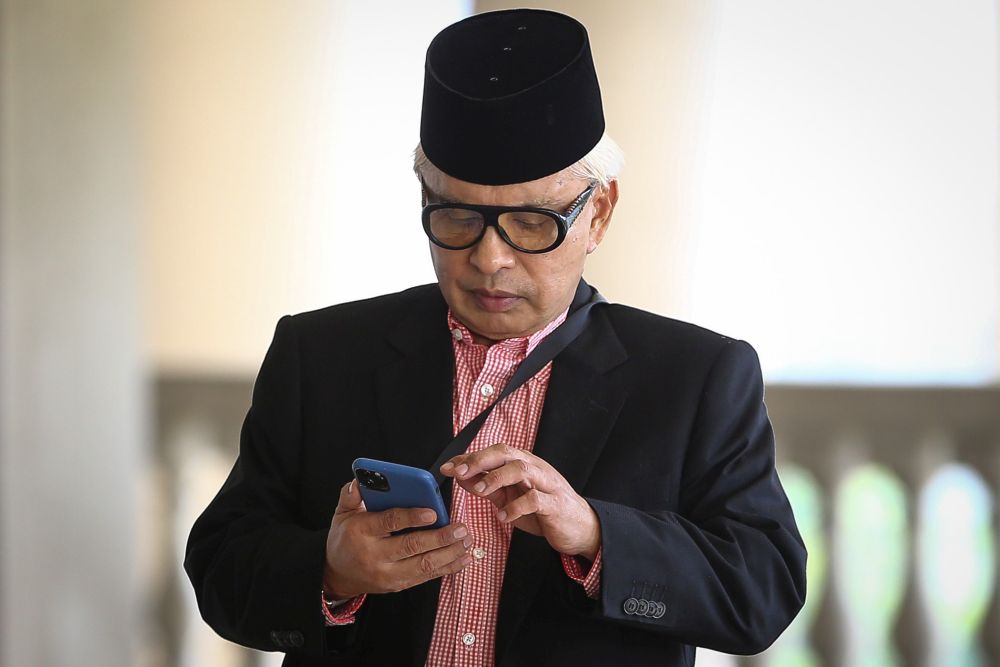
As for the second reason, Hamidi said Abu Hanifah had testified in court that the RM6 million cheques were for “political donation” and unrelated to Datasonic Group and Datasonic Technologies or their subsidiaries, and that Abu Hanifah had also said Datasonic Group and the cheque-issuing company Sarana Kencana have no business ties.
For the third reason, Hamidi said Abu Hanifah had also denied the RM6 million cheques was “rasuah” (Malay for bribery) and had denied that there was any connection between the contract’s award in 2015 and the giving of the money in 2017.
“There are plenty, too many evidence from SP32 (Abu Hanifah) and SP34 (Chew) that says these are not ‘rasuah’,” Hamidi argued.
As for the fourth argument, Hamidi said Abu Hanifah himself had signed as Datasonic Technologies’s representative on a “surat akuan pembida” or letter of declaration as a bidder of the project.
In that letter which is a mandatory part of the bidding process, Abu Hanifah had declared that both he or any individuals representing the company would not offer or give any bribes to anyone in the Home Ministry or anyone else as gratification in order to be chosen for the contract, and that he agreed that any such actions would be met with the withdrawal of the contract offer or contract termination and other disciplinary action.
At this point, the judge also asked if Abu Hanifah was the one who gave the money from Sarana Kencana, with Hamidi then replying in the affirmative.
Hamidi suggested that non-termination of Datasonic’s contract would mean the government acknowledges there was no bribery, adding that he would check if the company’s contract had continued on until this year.
As for the fifth reason, Hamidi highlighted Datasonic Group Berhad’s October 19, 2018 company announcement to stock exchange Bursa Malaysia, where the listed company had announced that “neither the company nor any of its directors has issued any payment” to Ahmad Zahid in relation to the supply of the passport chips.
Hamidi said Abu Hanifah had maintained the company’s position in the company announcement and agreed that no bribes were paid to Ahmad Zahid.
Hamidi highlighted that Chew had said the company’s announcement’s denial of any payment for the passport chips contract was true, and that Chew had also described it as “fitnah” or slander to suggest he had given money to Ahmad Zahid inserted a foundation and Chew had asserted the funds were not for Ahmad Zahid.
Highlighting Chew’s role as the “single most important witness” for the two corruption charges, Hamidi said Chew had denied bribing or rewarding Ahmad Zahid for the contract’s award to Datasonic Technologies and had also described both charges as “fitnah”.
He said all six reasons were why he said the evidence of Abu Hanifah and Chew as witnesses had killed the prosecution’s prima facie case for the two corruption charges.
Hamidi suggested that if there was really corruption, “the money would have gone by cash or a series of transaction into the accused’s account”, but noted that the RM6 million instead went into Lewis & Co which allegedly holds a client account on trust for Yayasan Akalbudi and claimed this was in line with both Abu Hanifah’s and Chew’s remarks that it was a “donation”.
Apart from those six reasons, Hamidi further argued that it was not unusual for Datasonic Technologies to be awarded government contracts as it had built its reputation as a government supplier over the years, asserting that it was a well-established company and not a “two-dollar” company set up for the purpose of getting the passport chips contract and as the project is relevant to their areas of service.
Disagreeing that Ahmad Zahid as the home minister was the one who appointed Datasonic for the contract, Hamidi argued that it was instead a direct negotiation between Datasonic Technologies and the Finance Ministry and further say the appointment was made by the Finance Ministry.
Hamidi said Datasonic was not informed or told by anyone to seek the contract and that it was their own initiative to do so as they were aware that the previous contract was expiring, also arguing that the contract’s award was proper and not pressured by Ahmad Zahid or the Home Ministry.
“There was no need for them to pay bribe to anyone, because number one, they went in with proper procedures, did not cut queue. Second, it is our contention that it was the Finance Ministry that appointed Datasonic Technologies and not the accused. This is common knowledge, everybody knows that only the Finance Ministry can award the project directly,” he argued, adding that the company had passed the required evaluations of its capabilities in order to receive the contract.
Hamidi said the Home Ministry — which was then under Ahmad Zahid — could not appoint anyone without an open tender, and that directly negotiated projects can only be awarded by the Finance Ministry.
Before the project was awarded, Hamidi noted that Datasonic was required to put its services and capabilities to the test through a “proof of concept”, and that it was based on the success of its proof of concept that the Finance Ministry had awarded the contract, adding: “There were no shortcuts given, they were not given special treatment.”
Hamidi also argued that the contract’s award to Datasonic Technologies had benefitted the government, as Datasonic Technologies had during the negotiations agreed to reduce the price by RM6.25 million, which was an 1.92 per cent cost saving from the initial proposed price of RM325 million.
Ultimately, Hamidi argued that the two elements of the two corruption charges — giving of RM6 million as an alleged reward to Ahmad Zahid for the contract award and that the allegation that Ahmad Zahid had appointed Datasonic Technologies for the contract — have not been proven.
In this trial, Zahid ― who is a former home minister and currently the Umno president ― is facing 47 charges, namely 12 counts of criminal breach of trust in relation to charitable foundation Yayasan Akalbudi’s funds, 27 counts of money laundering, and eight counts of bribery charges.
The trial resumes tomorrow.
